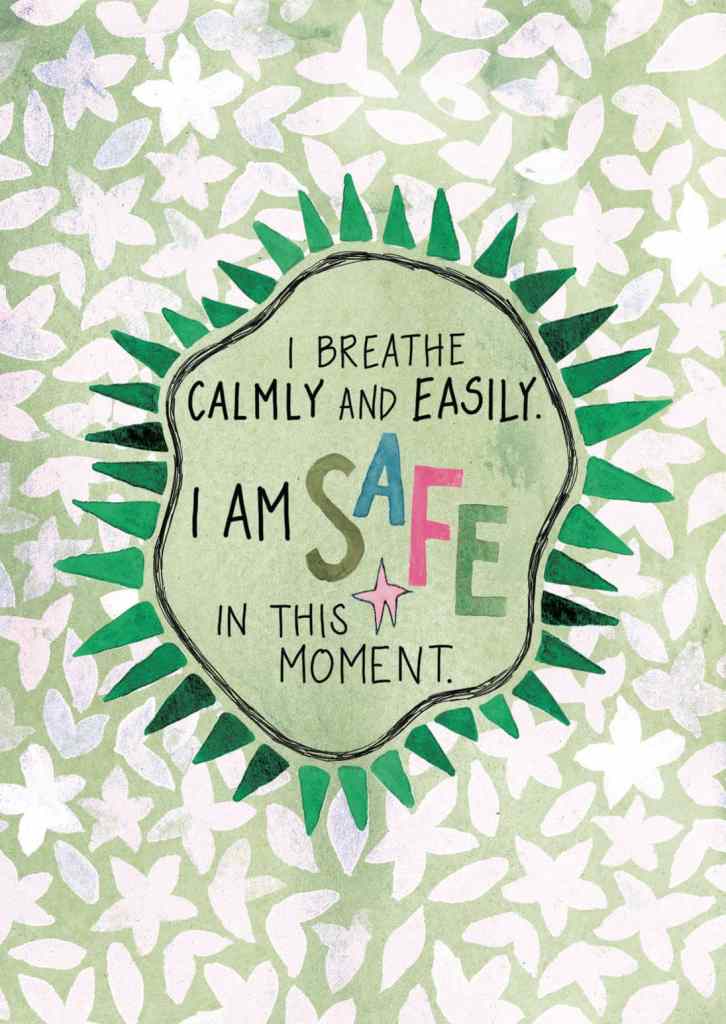spot the 5 sneaky signs of burnout
You know you’re heading for burnout when your to-do list feels so long and daunting that you shove it in a mental drawer and pretend it doesn’t exist. But sometimes the signs of burnout aren’t so obvious— and it’s those sneaky signals that you need to watch out for.
I can shine a light on where to look.
I’m as guilty as the next person of taking on too much. But even when you deeply love what you do, you still need balance and boundaries.
I was sent that reminder a few weeks ago. A ton of things were happening at once, and the energy I needed to get it all done wasn’t showing up. So I got still long enough to become aware of the fact that burnout was creeping up.
Since I caught the burnout mid-creep, I had time to take action before it dragged me down.
You can do that too.
This podcast recording had divine timing. It gave me the chance to review the subtler signs of burnout and connect with three lovely listeners to share real-time strategies for overcoming the feeling of being overwhelmed that we all encounter.
not all forms of burnout look the same
One of the women who joined me on this episode expressed that even though she felt tapped out, she really didn’t have anything going on that would typically lead to being overwhelmed, such as a stressful job, kids and money worries.
And she felt kind of guilty about that.
Folks, we’ve reached a point where people believe they need permission to feel what they feel, including feeling burned out.
I totally get it. The same thing happens when I talk about unresolved trauma. There is always someone who responds with empathy, but then follows it up by saying something like, “But other people have it so much worse.”
Let’s agree to banish phrases like that immediately and permanently.
we can hold space for others’ difficult experiences without comparing them to our own or diminishing our feelings
That caller’s story was super valuable because it opened up the opportunity to address different types of burnout.
There’s the burnout that comes from having a physically demanding schedule. There’s the burnout that comes from too much emotional or mental labor.
There’s the burnout that comes from unresolved trauma.
And you can also experience burnout simply because your brain is overactive and churning out overwhelming ideas and thought patterns.
(I bet that last one is a Dear Gabby truth bomb moment that a lot of you needed to hear!)
listen to this episode to learn:
- 5 sneaky signs of burnout (including one that always makes people go WHOA)
- How to notice the signs before you get overwhelmed
- The exact steps to take if any of these signs resonate with you
- What to do if you suspect you’re already burned out
I walk you through a tapping meditation and breathwork that is specifically designed to help you recover from different types of burnout. This episode is filled with beautiful tools and techniques—plus, you’ll start to perceive your encounters with burnout with more compassion, connection and calm so you can explore creative possibilities for healing.
We all need this right now, more than ever.
weekly card reading

Most of us live life trying to control our circumstances in order to feel safe. We catastrophize, obsess over fearful thoughts, or feel an unconscious sense of anxiety in an attempt to control what’s happening—which never really works.
But surrendering isn’t easy. And we don’t have to heal this desire to control all at once. For right now, for this moment, just breathe. That’s enough surrender for today.
get more gabby
free manifesting meditation to attract your desires
- Try my gabby coaching app for free —get access to hundreds of meditations, lessons and talks all in a beautifully designed app. Start your free trial to unlock your 7-day manifesting jumpstart!
- For a deeper dive check out my books.
- If you feel you need additional support, please consult this list of safety, recovery and mental health resources. I’m proud of you for your commitment to self-care.
disclaimer
This podcast is intended to educate, inspire, and support you on your personal journey towards inner peace. I am not a psychologist or a medical doctor and do not offer any professional health or medical advice. If you are suffering from any psychological or medical conditions, please seek help from a qualified health professional.
